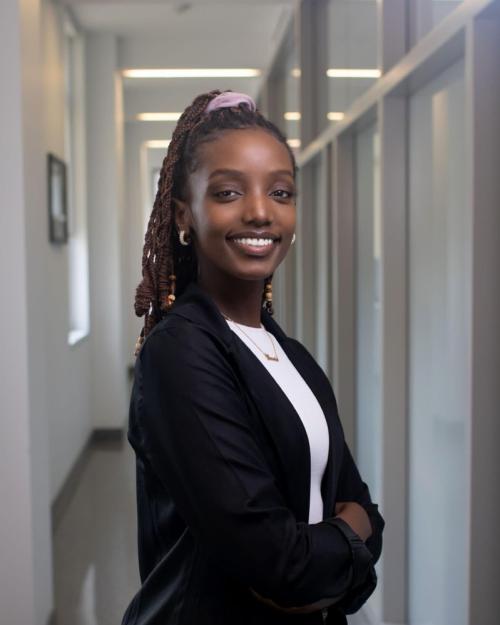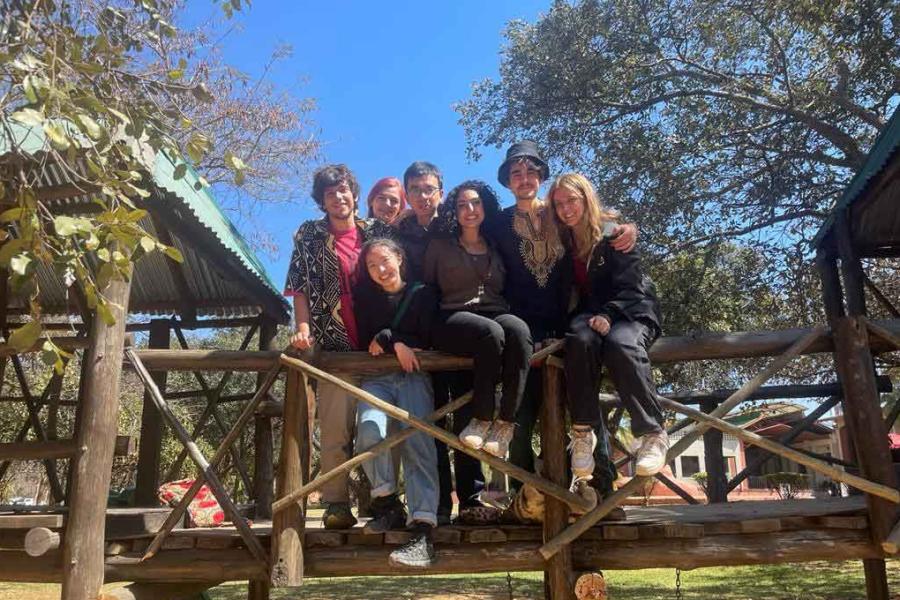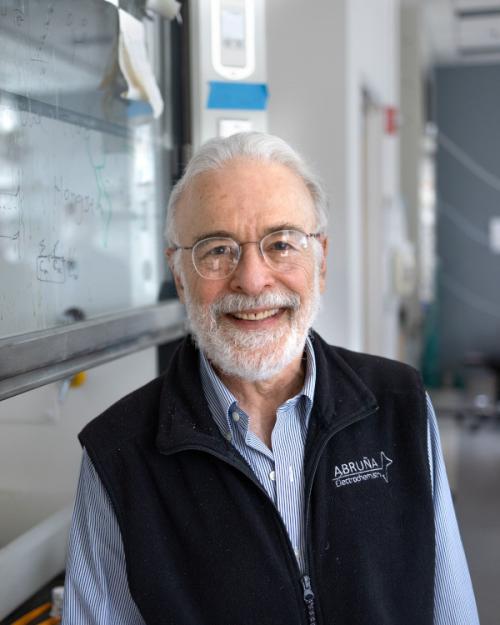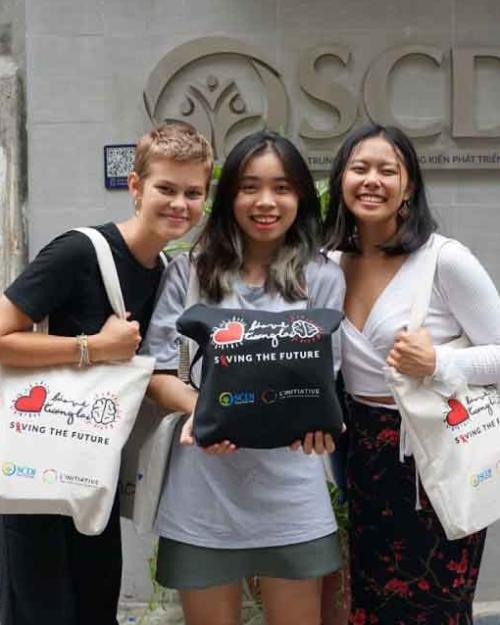The Laidlaw Scholars Program, hosted at Cornell by the Mario Einaudi Center for International Studies, trains early undergraduates in international research and leadership and sends them out into the world for hands-on experiences.
Here, four current Laidlaw scholars share their summer research or leadership in action experiences. Apply by January 30 to join next year's cohort of Laidlaw scholars.
Dana Oshiro '24
Dana Oshiro spent the summer in Hanoi, Vietnam, working with Supporting Community Development Initiatives (SCDI), VinUniversity and Cornell’s David M. Einhorn Center for Community Engagement to combat adverse childhood events like poverty, abuse, neglect and substance abuse. Oshiro’s group developed and proposed an intervention method that used storytelling to help mitigate the effects of these events.
“Being a Laidlaw scholar has given me the opportunity to reach out to things beyond Cornell,” said Oshiro, a chemistry major in the College of Arts & Sciences (A&S). “Laidlaw is constantly forcing us to think of the world beyond.”
“Especially with my interests in the hard sciences, you can end up getting focused on organic chemistry and neurobiology,” she said. “I love those things; but it’s really easy to lose touch. I think it’s critical that we as college students continue to think about and be concerned with the world outside.”
Brenda Umwali '25
Brenda Umwali, government major in A&S, studied xenophobia and misogyny in social media and rights in labor migration over six weeks last summer, under the mentorship of Beth Lyon, clinical professor of law at the Cornell Law school.
“The interlocking forces of racial, class and gender oppression are ones we cannot ignore,” said Umwali.
Her work included reviewing the experiences of Oromo women, the largest ethnic group in Ethiopia, who have survived domestic violence, misogyny and xenophobic attacks.
“My research indicated that there are barriers to upward mobility for refugee women due to the intersections of country of origin and gender. It was also exciting to be part of the xenophobia meter project team, which I am still a part of and continuing our research over the academic year.”
Lia Sokol '23
“Being part of the Laidlaw Scholars Program has been a defining aspect of my Cornell experience,” said Lia Sokol, who is majoring in government and the College Scholar Program in A&S.
Over the summer, she traveled to Choma, Zambia, where she worked with World Vision Zambia, a humanitarian aid nonprofit that works in rural communities. She developed a project that surveyed nurses and caregivers to identify root causes underlying child malnutrition and learn about potential solutions.
“The summer was an eye-opening experience that pushed me out of my comfort zone and gave me a perspective on a part of the world very different from my own,” Sokol said.
“One of the most valuable experiences I gained this summer was the connections with international Laidlaw scholars. Laidlaw scholars have such a diversity of passions and experiences – they are truly some of the most unique and extraordinary people I’ve met.”
Ashmitha Sivakumar '24
Ashmitha Sivakumar, a biomedical engineering major, explored the connection between menopause and Alzheimer’s disease progression following vascular injury. Working with Chris Schaffer, professor in the Meinig School of Biomedical Engineering in Cornell Engineering, and his postdoc and graduate team, Sivakumar sought to understand why menopausal women might experience higher incidence of stroke.
“One of the most rewarding aspects of my research project was working with my graduate mentor,” said Sivakumar. “She was extremely resourceful and guided me through many situations while giving me the freedom to steer the course of the experimentation.”
“The Laidlaw program served as an excellent experience for learning more about myself and connecting with the cohort members,” she said. “The conversations facilitated during the meetings leave me thinking deeply about my identity and how that affects how I perceive the world. Often, I find myself continuing the conversations I start in the classroom outside of it, leading to more reflection and deeper connections with the participants I now consider my friends.”
Megan DeMint is a communications specialist at Global Cornell. Thanks to Lia Sokol for interview content.







